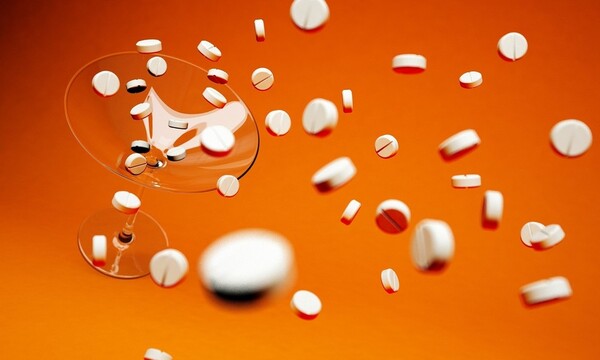Korean biosimilar products are rapidly expanding their market share against original drugs in the local pharmaceutical sector.

Initially, biosimilars failed to make a splash in the domestic market, unlike in Europe and the U.S., because biosimilar makers could not secure price competitiveness against original drugs. In Korea, when a biosimilar is launched, the price of the original drug is automatically reduced due to the nation’s drug pricing policy.
In the past, many doctors said the price advantage of biosimilars was relatively small, and Korean patients strongly preferred the original.
Recently, however, a turning point has finally come for biosimilars.
According to industry watchers, Samsung Bioepis and Celltrion have earned the trust of doctors and patients by continuing to release new products, while the preference for biosimilars has also gradually increased in the prescription field.
Notably, biosimilars of Enbrel (ingredient: etanercept), Amgen's autoimmune disease treatment, and those referencing Herceptin (ingredient: trastuzumab), Genentech's breast cancer and metastatic gastric cancer treatment, have drastically increased their market shares over the past few years.
Data from IQVIQ, a drug market research firm, showed that Enbrel biosimilar products accounted for 44 percent of the total market sales in 2022, with 8.1 billion won ($6.1 million).
The share of Enbrel biosimilars has increased significantly in the last five years. In 2018, Enbrel biosimilars only accounted for 12 percent of the market.
Two Enbrel biosimilars are on the Korean market -- LG Chem's Eucept and Samsung Bioepis' Etoloce. Eucept and Etoloce recorded 4.1 billion won and 4 billion won in sales in 2022.
Herceptin biosimilars also saw a large market share increase over the past few years, from 9 percent in 2018 to 37 percent in 2022.
Herceptin biosimilars include Celltrion's Herzuma and Samsung Bioepis' Samfenet. Last year, sales of Herzuma and Samfenet were 29 billion and 5.6 billion won, with sales of Herzuma increasing 3.7 times in five years and Samfenet increasing 2.5 times in four years from 2.2 billion won in 2019.
The original, Herceptin, on the other hand, saw a 25 percent drop in sales from 80 billion won in 2018 to 60 billion won in 2022. The original's market share fell from 91 percent to 63 percent.
Related articles
- Ex-Celltrion Group Chairman returns to management after 2 years
- What delays US approval for Celltrion’s Humira biosimilar?
- Prestige Biopharma’s Herceptin biosimilar proves equivalence in phase 3 trial
- Companies vying to release biosimilars of bone disease cure denosumab
- Traditional Korean drugmakers advance into biosimilar market
- Celltrion to build a new manufacturing facility in US
- Samsung Bioepis' report pins biosimilars to reduce medical costs by $181 billion by 2028
- Samsung Bioepis’ biosimilar shown to be similar to Eylea in phase 3 study: ARVO 2023
- US picks drugs targeted for price cuts. How will it affect Korean biosimilars?
- Pfizer Korea and Hanlim MS to co-market Enbrel following Xeljanz

